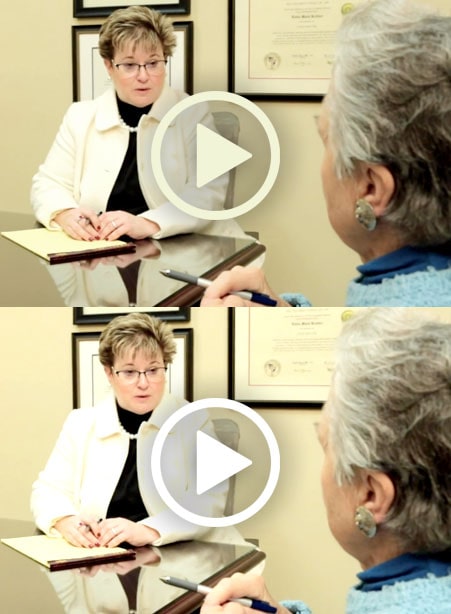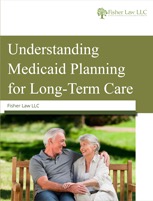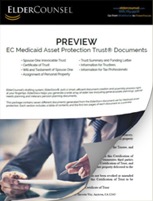Dedham Probate Lawyer
Guiding Executors, Trustees and Personal Representatives Through the Thankless Tasks of Probate and Estate Administration in Dedham
As the executor or personal representative of an estate, you have a lot of things to accomplish to close out the estate so that the decedent’s heirs can receive their inheritance. The same goes if you are a trustee of a revocable living trust tasked with overseeing trust funds and making sure they get transferred to the proper beneficiaries upon the death of the settlor.
Some of the jobs you are given might be beyond your capabilities to handle adequately, but that doesn’t matter. Executors and trustees can be held personally liable for mistakes they make that louse up the estate and harm the interests of heirs and beneficiaries. Luckily, help is available. In fact, the use of attorneys and other professionals is encouraged, and their fees can be paid out of the estate or trust funds.
Fisher Law LLC helps trustees and personal representatives manage the process of probate, trust and estate administration ably and efficiently. We’ll provide the expertise and technical assistance to guide you through even the most complex matters so that you can complete probate in a timely fashion. Call Fisher Law LLC for help with a Dedham probate or estate administration.
Duties of an Estate Executor in a Dedham Probate Proceeding
The estate’s executor is usually named in the will but if not, the court will appoint someone to serve as executor or personal representative of the estate. The court issues this person letters of authority, which empowers them to act on behalf of the estate in various probate matters. These affairs include:
- Filing the will and petition to open a probate estate
- Publishing notice of the probate to secured creditors
- Notifying heirs and beneficiaries that a probate has been opened
- Conducting an inventory of the estate, gathering together and identifying all probate assets
- Valuing the real and personal property belonging to the estate, including obtaining appraisals as necessary
- Paying debts owed by the estate
- Litigating or otherwise resolving claims against the estate where the debt is disputed
- Paying taxes owed by the estate
- Filing tax returns for the estate, including a final estate tax return
- Filing a petition to close probate
- Distributing the remaining property to heirs according to the terms of the will
Liability for Probate Mistakes
Estate executors are often the spouse of the decedent or another close friend or family member, who might not have specialized knowledge or expertise in probate. Nevertheless, executors can be liable for financial losses and harm to the estate caused by their negligence or incompetence. Probate can take a year or more to complete, and meanwhile the estate is in the hands of the personal representative who should manage assets for the benefit of the heirs. The personal representative might have to decide whether to sell a business, close it and liquidate assets, or pass it to a successor if the decedent didn’t leave behind a clear business succession plan. Whatever actions the personal representative takes, they should be taken in good faith in the best interest of the heirs to avoid being held liable for mistakes.
This liability can also be avoided by getting professional help with matters beyond the scope of the personal representative to handle. Personal representatives are encouraged to use lawyers, appraisers and accountants as necessary to fulfill their duties appropriately. Avoiding the appearance of impropriety is especially important when the personal representative is also an heir, as steps taken to improve the estate can be mistaken as self-dealing or enriching the personal representative at the expense of other heirs.
Trustees Also Have Fiduciary Duties
Trustees are in a similar position as personal representatives in that they both have fiduciary duties toward the heirs and beneficiaries. A fiduciary is someone in a position of trust, and the very terms “trust” and “trustee” should indicate that a trustee has this relationship. Trustees have to avoid self-dealing and conflicts of interests as they manage trust assets, and they must also manage those assets competently to maintain or increase their value for the benefit of beneficiaries. Trust administration can include all of the following duties:
- Notify beneficiaries when the decedent has passed away
- Prepare an accounting of trust funds
- Invest, manage or sell trust assets to maximize their value
- Prepare required legal documents
- Pay taxes
- File tax returns
- Distribute trust funds to the beneficiaries
Trustees can be removed by the beneficiaries through a legal proceeding for breach of fiduciary duties or failure to perform as required. Fisher Law is here to guide you through any aspect of your Dedham trust administration to help you perform your role ably and admirably.
Help with Dedham Probate and Trust Administration
For help with probate, estate and trust administration in Dedham, call Fisher Law LLC and discuss your needs with an experienced and conscientious Dedham probate lawyer.





